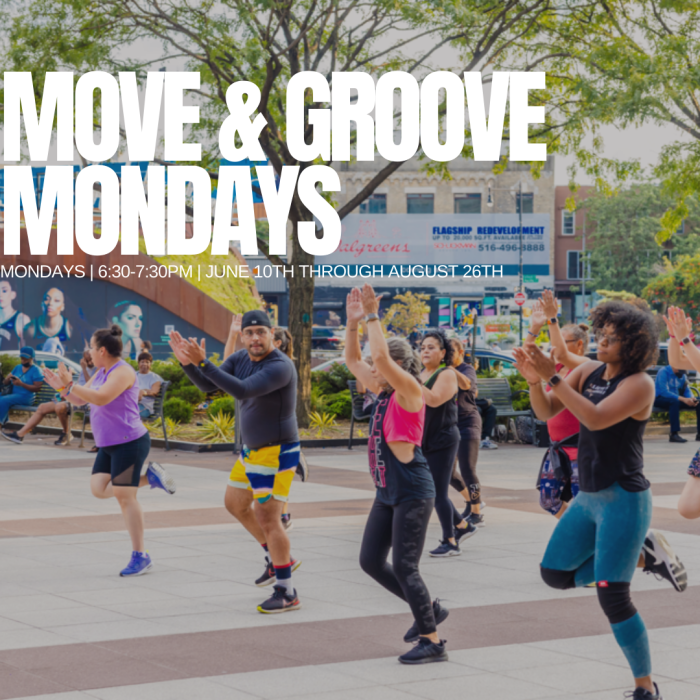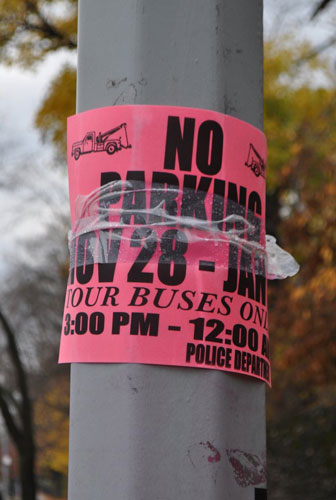Brooklyn’s Chinese civic and business leadership on Monday hailed a State Supreme Court 90-day stay on the City Department of Transportation’s plan to convert stretches of Seventh and Eighth avenues into one-way streets with protected bike lanes — including the main commercial artery through the heart of Brooklyn’s Chinatown.
In the court settlement released late last week, the DOT agreed to delay any work on the project slated to begin this summer until Oct. 9 so they can properly present to the local community boards in which the work will occur.
Under the DOT’s proposal, a portion of both two-way thoroughfares would be converted to one-ways, with Seventh Avenue running south between 39th and 65th streets, and Eighth Avenue running north over the same stretch. Eighth Avenue between 39th and 65th streets is the bustling main commercial artery of Brooklyn’s Chinatown.
The project, which also includes new protected bike lanes, extended sidewalks and other safety configurations, spans community boards 7, 10 and 12.
Sunset Park Assemblymember Peter Abbate filed the Article 78 proceeding, an appeal to reverse a New York agency’s decision to state courts, on July 7 contending the city’s Department of Transportation had not conducted ample outreach on their plan to convert the stretches into one-ways. Furthermore, the suit alleges that the DOT knowingly violated the New York City Administrative Code when bypassing the mandated public outreach to the affected community boards.
Several Brooklyn Chinese-American civic and business leaders also signed onto the suit, including Kenny Guan, Bao Zhi Liu, Vincent Lu, Qinwen Lu, Paul Mak, Grace Mo, Kam Fon Mui and Tsang Sun Mai.
In the settlement, the DOT also agreed to discontinue using the term “Community Advisory Board” or “similar name in connection with any group formed or used by the respondents to conduct public outreach relating to the Project Proposal.”
This stipulation indicates the plaintiffs successfully argued that the DOT handpicked a “Community Advisory Board” to streamline the project, instead of including the impacted people and businesses.
In an emailed statement, the Chinese American Citizens Alliance Greater New York (CACAGNY) congratulated Abbate and his fellow plaintiffs, noting that Brooklyn’s Chinatown is a lively, safe, hopeful immigrant community of small businesses hit hard by the COVID lockdowns and struggling to recover.
“For the DOT to cut by half the vitally needed freight and customer traffic capacity through its main business thoroughfare — for a bike lane — is akin to stomping on a man while he is down,” they wrote.
“Communities like ours in the City have had enough of the City being ruled by a remote, tyrannical administration imposing diktats like this all over us. While thanking Assemblyman Abbate, we also call on other elected friends of the Chinese community to join us in stopping the DOT’s callous plan to destroy the main business artery of this recovering Chinatown,” the CACAGNY added.
Still, some support the plan, which comes with a bevy of proposed safety improvements for the thoroughfares. And, while the Seventh and Eighth Avenue conversion plan hasn’t gone board to board, the head of a southern Brooklyn-based bicycle advocacy group has argued that there’s been plenty of outreach.
“I haven’t perceived a lack of outreach,” said Brian Hedden, president of Bike South Brooklyn, previously told Brooklyn Paper. “I have sat in on a couple of meetings and I know that they’ve had other meetings that I did not take part in. It does seem to me like the DOT has created a number of avenues where people can sit in on DOT presentations and have their feedback heard.”
Hedden, and other cyclists, have maintained that the conversion would make those thoroughfares safer — and more accessible — not just for those on two wheels, but for all those traversing the streets.
“The whole thing is a high-stress environment and makes people not want to be there,” Hedden said. “In addition to actually increasing safety, it would also lower the perceived stress for anyone using that corridor … and hopefully make it accessible to larger groups of people.”
For his part, Abbate said that neither he nor the other plaintiffs are against safe bike lanes in Sunset Park.
“Why do you want to ride on Eighth Avenue, instead of riding on Seventh Avenue where it’s nicer or Sixth Avenue. Why do you want to be riding where there is all that congestion? Trucks loading and unloading. Twenty people cross the crosswalk on every block. It doesn’t make sense,” Abbate said, adding that, as it stands, the project will force seniors to walk four and five blocks more to get to bus stops.
The 90-day stay will allow the DOT time to make their presentation to the community boards and to get more local community input.
The DOT did not respond to a request for comment by press time.
A version of this story first appeared on PoliticsNY.com.























